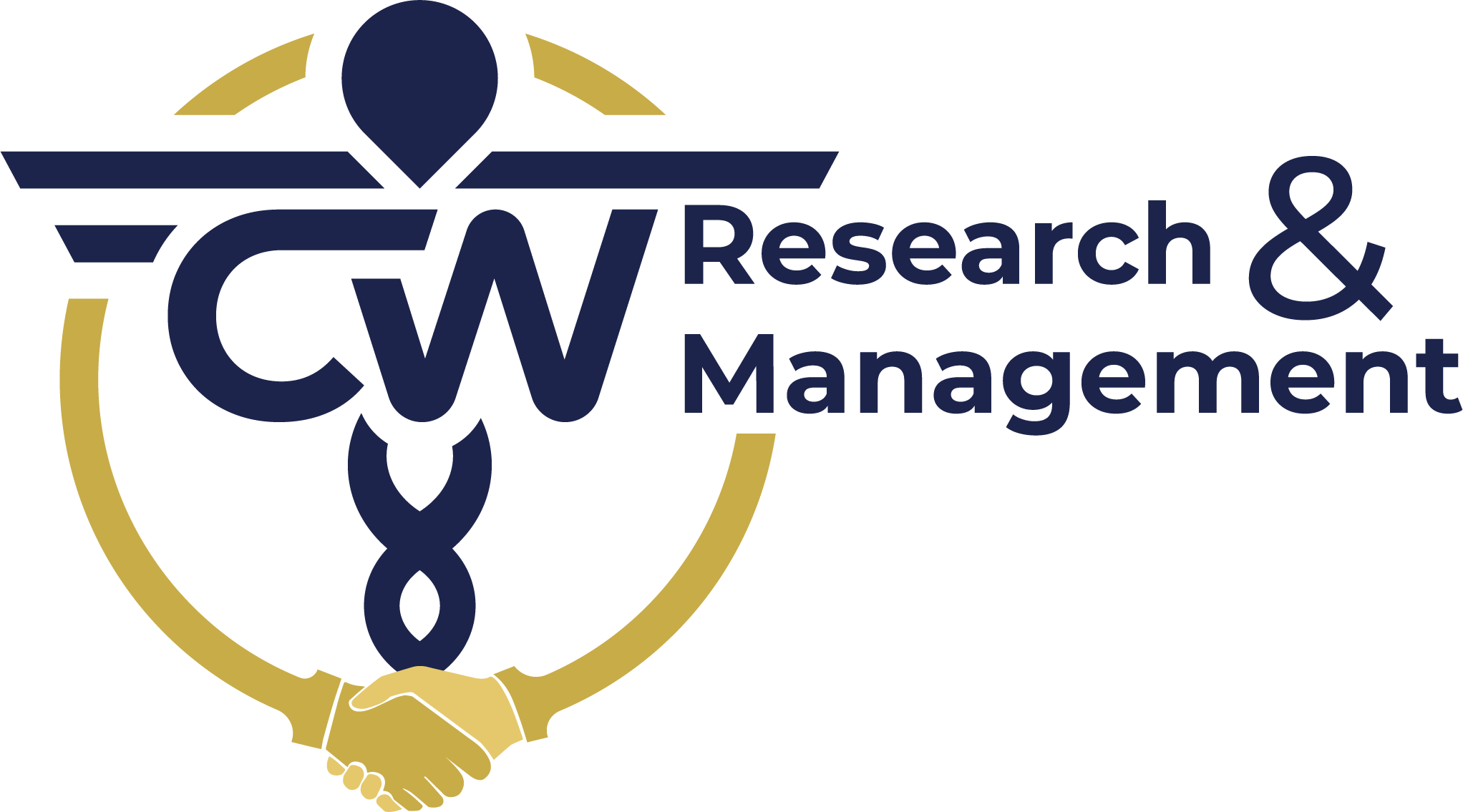Why are the costs of clinical trials rising?
Clinical trials are inherently demanding. The need to meet all regulatory requirements, collect comprehensive data and ensure the safety of participants makes them complex and resource-intensive projects. However, additional costs often arise from avoidable problems: unclear study objectives, inefficient processes, poor planning or unforeseen delays.
Reduce costs through precise planning
Solid planning is the basis for using financial resources in a targeted manner. Studies that begin without clear objectives and milestones run the risk of becoming significantly more expensive due to improvements or extensions. Already in the conception phase, it should be precisely defined which results the study should deliver and how these can be achieved with the available resources.
A well-structured study plan not only provides guidance for the entire team, but also creates transparency for investors or sponsors. With our support, you will develop a plan that is both efficient and tailored to the specific requirements of your study.

Use resources efficiently
Many clinical trials result in unnecessary expenditure because available resources are not used optimally. Personnel, equipment or materials are provided either too early or too late, which can lead to bottlenecks or overcapacity. A detailed time and resource plan is crucial to avoid such problems.
Identify risks early
One of the biggest risks for unforeseen costs are problems that are only discovered during the study. Whether it's regulatory obstacles, delays in recruiting participants, or unclear data, such problems can often be minimized in advance through a thorough risk analysis.
We analyze your study for potential stumbling blocks and develop preventive measures to ensure that unexpected complications do not arise in the first place. This foresight not only saves money, but also time.
Using technology wisely
Digital tools and automation can make a significant contribution to reducing costs. Modern technologies enable more precise data collection, faster analyses and smoother communication within the team. Investing in such solutions often pays off after a short time, as they increase the efficiency of the entire study in the long term.
Our company supports you in the selection and implementation of suitable technologies that are precisely tailored to the requirements of your study.
Ensuring regulatory compliance
One area where errors can be particularly expensive is compliance with regulatory requirements. Incomplete or incorrect documentation not only leads to rework, but in the worst case can jeopardize the entire study. It is therefore essential to take all national and international requirements into account right from the start.
We are at your side to check your study documents for conformity, accompany approval procedures and prepare you for possible audits.
Working together to achieve an efficient result
Reducing the costs of a clinical study without compromising on quality and safety is not a contradiction. With a well-thought-out strategy, efficient resource management and modern technology, even complex studies can be implemented economically.
Our goal is to free you up so that you can fully concentrate on the scientific aspects of your study. Together we will ensure that your clinical study is not only successful but also budget-friendly.



